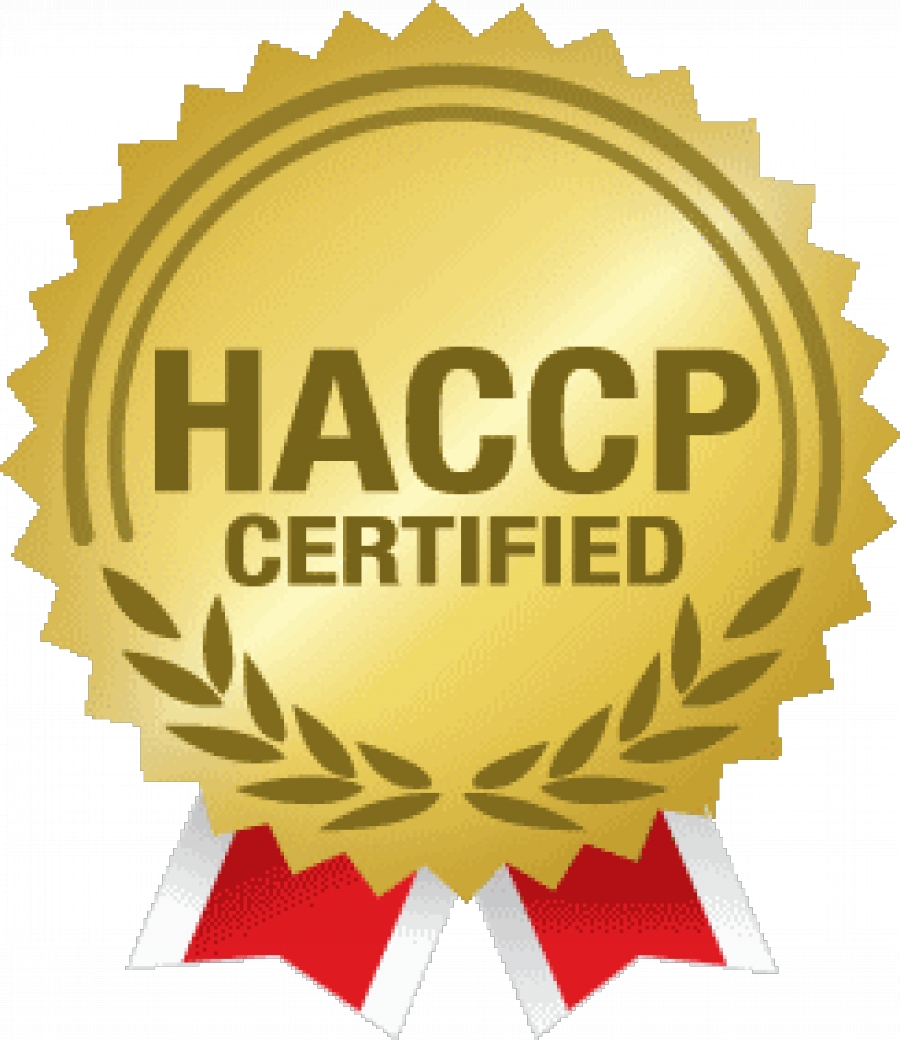Introduction
The concept of HACCP was developed in the 1960s. For many years its application has been growing steadily. However the recent occurrences of fatal food poisoning cases (e.g Listeriosis, E.coli 0157 infection, Botulism and Salmonella food poisoning) has caused widespread awareness of the HACCP principles.
Changes in food preparation, storage and distribution technologies, has made it necessary for an effective way to prevent food contamination or deterioration along the food supply chain.
The global community has recognized the principles of HACCP as the most effective preventive method to prevent food contamination. These principles are stated in the Codex Alimentarius website. It has now become almost mandatory for food businesses to be certified to HACCP to operate or to export its product to another country.
HACCP certifications in some countries are mandated by law. However in most instances, HACCP is voluntary or requirement by the customer. Within the last 10 years, there were other food safety systems that are based on the HACCP principles such as the British Retailing Consortium (BRC) Global Standard -Food, the SQF 2000 and the ISO 22000.
Everyday, more and more food businesses are being certified HACCP. It will be a matter of time HACCP or a recognized food safety program will be mandated for every food business in the world.
Why does my Food Business need HACCP? Any food business cannot survive a single incidence of negative publicity due to food poisoning. Therefore it is critical that the food business operator be very careful to prevent this from happening. However, not many food business operators know what and how much is needed to be done.
Furthermore, how can a food business operator demonstrate that they have taken the necessary precaution? How does a food service operator prove to the client that the product is safe for consumption?
The principles of HACCP involved identifying the risk of food being contaminated in your food operation and to take the necessary actions to prevent it from happening.
From the HACCP principles, the food service operator is able to know what to do, which are the critical areas to put more effort in and to provide evidence that all necessary preventive actions are put in place to ensure food is fit for consumption.
A food business certified to HACCP also can prove that they have a food safety system that is recognized internationally.
At FUTURE TECH, our consultants have hands on experience in these industries and we are able to provide accurate risk assessment of your food operation and give you feasible solution to your business.
Please do not hesitate to Contact us, if you need more details and to find out how we can assist you in your HACCP endeavor.
Will HACCP help my business grow?HACCP is first and foremost a FOOD SAFETY management program. It is not aimed to grow a business; however there are many “by-product” benefits from being HACCP certified.
1 Customer confidence that the food are of certain hygiene level and is fit for consumption
2 Recognition that the food business operator is conscientious about hygiene
3 Advantage over a competitor that does not have a recognized food safety program
4 Open door to new market, as most customers that are importing food product from another country will request for a HACCP certification
All these benefits eventually will lead to increased market share and business growth; even though this is not the ultimate objective of HACCP.
We strongly advice food and beverage organization to adopt the HACCP principles to improve its product quality and safety.
We can HelpWhether you are in farming or in animal husbandry, a food processor, a restaurateur or an hotelier (food retailer), we are able to assist you in your endeavor to set up your HACCP based food safety management system.
Please do not hesitate to Contact us, if you need more details and to find out how we can assist you in your HACCP endeavor.
|

